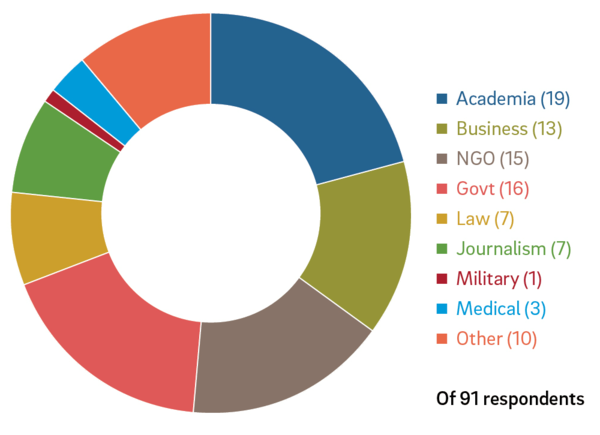Harvard University’s master’s program in Regional Studies—Middle East is an intensive two-year academic program designed for students who wish to develop academic interests or to pursue professional skills. Students have diverse profiles and come from across the United States and around the world. They share a capacity for rigorous, scholarly exploration of the Middle East region in all its richness and complexity. Download a brochure describing the master's program in detail.
Graduates of the program pursue careers in diplomacy, business, media, human rights, and non-governmental work. Some continue for further graduate study in law school, medical school or PhD programs.

Program requirements emphasize immersion in the languages, cultures, and history of the Middle East. In consultation with program advisors, students utilize elective courses to plan individual academic programs that draw on the breadth of course offerings at Harvard University and neighboring institutions.
All students in the program are expected to attain a reading and speaking competence in one of the major modern Middle Eastern languages: Arabic, Hebrew, Persian, or Turkish. Students who are native speakers will be required to study a second language.
Master's students make valuable contributions to the intellectual community at Harvard’s Center for Middle Eastern Studies (CMES), their academic home while in the program, and are encouraged to participate in a range of CMES activities, programs, and workshops.
Course Requirements
A terminal AM degree is administered by the Center for Middle Eastern Studies. The program for this degree requires two years of study: eight courses each year making a total of sixteen courses.
Required Courses:
- Graduate Proseminar in Middle East Studies (MOME 200A)
- One course in medieval Middle Eastern History (600–1500, CE)
- One course in modern Middle Eastern History (1798–present)
- Three additional courses related to the Middle East, two of which must be graduate seminars
- Four consecutive Middle East language courses: Arabic, Persian, Turkish or Hebrew
- Master's Thesis Writing course (MOME 299B)—for those writing a thesis. Students enrolled in the AM program may choose to write a master's thesis, but a thesis is not required to complete the degree. Those considering further graduate study are strongly encouraged to write a master's thesis.
- Remaining courses are electives, to be chosen by student in consultation with the associate director of the AM program
The flexibility of the course requirements is one of the program’s core strengths. It allows students with a range of different interests to tailor a degree program best suited to their own goals. Students are encouraged to take courses in different departments at the Graduate School of Arts and Sciences and to cross-register at other approved Harvard graduate schools and neighbor institutions.
One of the most important decisions facing CMES students is how to best tailor a plan of study that will help advance their individual career goals. Since CMES is located in the Faculty of Arts and Sciences, all of the required courses emphasize the development of skills associated with traditional academic scholarship. This works very well for those who plan to apply for a PhD following completion of the program. For those who have professional ambitions, in media, law, business, human rights, or other fields, it is important to find elective courses that develop skills relevant to those careers. Such students benefit from close scrutiny of approved course offerings at other Harvard professional schools, as well as those at approved neighboring institutions. Harvard University hosts a vast array of professional associations, centers, programs, and institutes—it behooves professionally-minded students to seek out these organizations early to establish connections and create networks.
Students get the most out of the CMES master's program by focusing early on a career goal, mapping out a plan of pertinent courses, and networking proactively with relevant faculty and organizations. The associate director of the master's program provides individual guidance and advice to students about how best to achieve their goals at Harvard.
Admissions
Admissions information can be found in the Applying to CMES section of this site and on the Harvard Griffin GSAS website.
